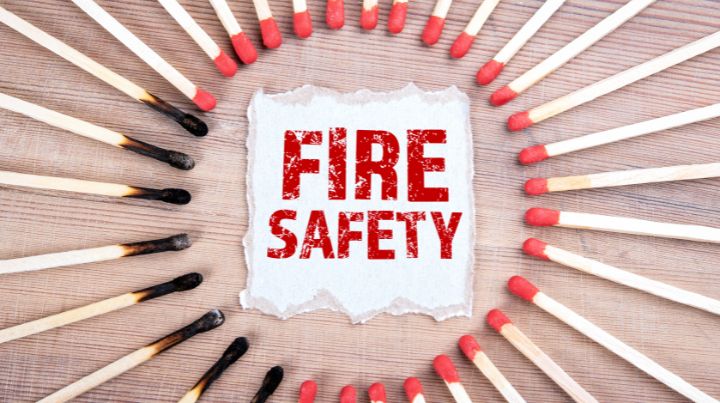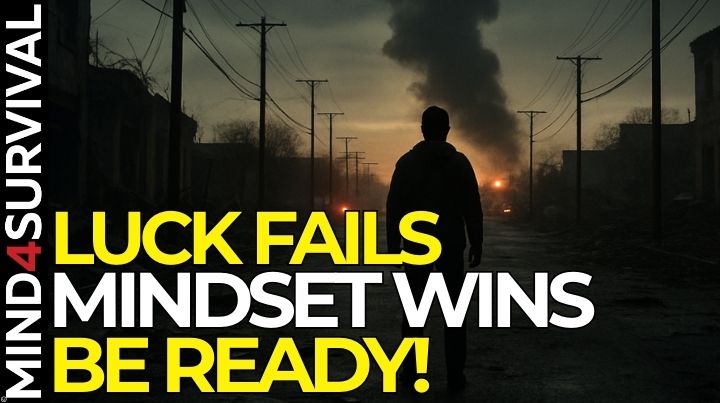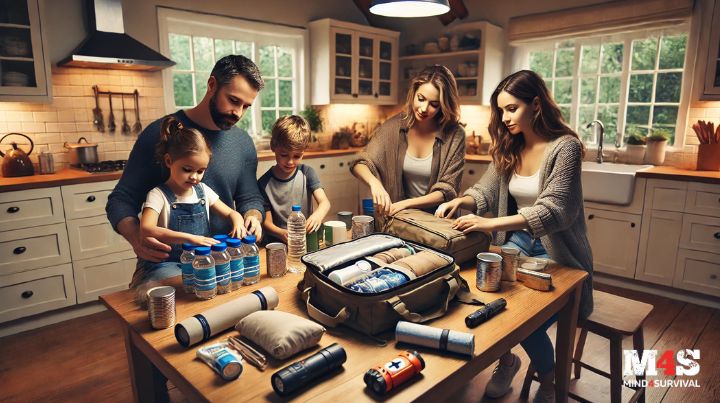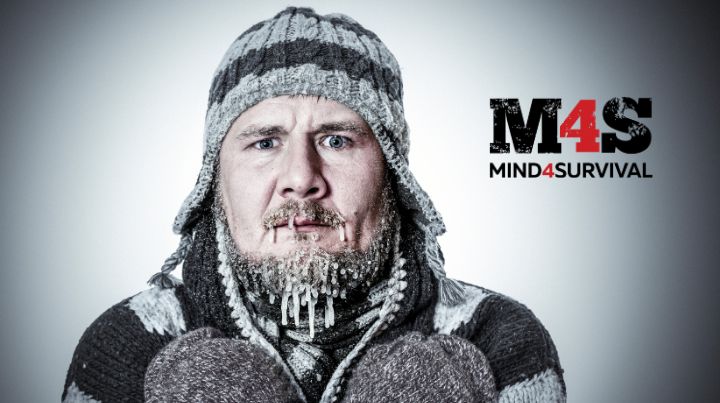Grid Down Fire Safety Considerations

It all started with a single flame. But by the time it was all said and done, Chicago was a layer of ash. From October 8 till October 10, 1871, Chicago was on fire. When the last flames were finally extinguished, 300 died, and over $200 million in damage occurred.
You may wonder how this story applies to the modern prepper, but there are always lessons to glean from the past. Picture the world of the 1870s. It is an America without electricity, gasoline engines, and cell phones. Compared to the year 2022, to be alive in 1871 was to either live off-grid or to not live at all.
And this is where a conversation is sparked.
What do you do in a grid-down situation to protect your survival retreat or emergency shelter against fire? Fire, while always a killer, is incredibly destructive when you are living off the grid. Are there things we can do to stay safe here? You bet there are.
Keep Your Grill, Fire, or Stove Away from Your Tent, RV, or Home
Many quickly turn to their propane or charcoal grill once the power goes out to cook up as much of their refrigerator food as possible. This is fine, but make sure that you are doing this in an area that won’t pose a fire risk for anything.
Heat rises, and if you attempt to cook your hamburgers directly underneath your back deck, there is a good chance that you could end up with a fire. It doesn’t necessarily have to be the flames that come into contact with a building, either. The heat alone can be enough to cause significant problems. The same can be said for building your fire too close to your tent or tarp shelter. You’ll end up melting it, placing yourself in an uncomfortable position for the night.
If you put your grill up against the side of your dwelling and the lid can maintain contact with it, the grill will transfer that heat from the hot cover to combustible construction materials. A fire could very easily be an uninvited dinner guest in that case.
Be Careful with Wind
A lot of people turn to campfire cooking with their fire striker after the electricity goes out. This is fine, but make sure that the wind isn’t going to blow embers or hot ashes onto anything that could combust into flames. By building an adequate windbreak, avoiding burning paper, minding where the wind could blow embers, or not making a fire in a windy area, you will help to minimize the risk of your little cooking fire getting blown into a much larger fire.
Put That Fire Out
When it comes to campfire cooking, you have to make sure to put the fire completely out when you are finished. Smokey the Bear is right. Unattended fires can still burn even when you can’t see any visible flames. Hot coals can quickly reignite during the night while you’re asleep, given the perfect gust of wind, and burn you alive while you sleep inside your tent.
Make sure that you either bury the embers, use plenty of water, or spread out the coals in the dirt (preferably, a combination) to best guarantee that everything is out and won’t catch anything else on fire.
Regularly Clean Out Your Flue
If you’re living off the grid you likely have a fireplace or woodstove. That means you have a chimney as well. The flue is the space inside of the chimney, and it will gradually build up a combustible substance known as creosote as you burn fires.
If this creosote builds up too much due to poor flue maintenance, you will end up with smoke backing up into your house and a chimney fire. This is a bad situation in the best of times but in a grid-down situation? You’re potentially looking at a total loss on your survival retreat, then. Keep Chimfex on hand in case of a chimney fire.
Don’t Burn Fresh Pine
All wood will build up creosote in your flue as you burn it, but pine is notoriously bad for creosote build-up. I’ve heard of people who have had creosote issues after just a single pinewood fire. This points the way to the importance of seasoning your wood and being particular with the wood you are willing to burn in your fireplace.
Be Very Careful with Pilot Flames
Many people use propane to give themselves an extra advantage when the grid goes down. Propane appliances are great, but you must be very careful with these appliances' pilot flames, particularly with stoves.
There are numerous stories of ladies who have caught their hair, aprons, or dresses on fire due to coming into contact with a pilot flame. Unless you like the idea of being quickly roasted alive, you need to be very cautious with this type of equipment.
Within a backpacking setting, there are plenty of stories of guys who have caused their tent to go up in smoke due to letting their backpacking stove get a little too close to combustible synthetic materials. Remember that people often use petroleum products with their tent fabrics, such as polyester.
It’s hard to survive out of your bug-out bag when you no longer have any suitable means of shelter.
Keep Candles Away from Curtains, Drywall, and Children
Preppers everywhere stockpile candles for use in power outages. I prefer lamps, but I do understand the candle infatuation. The light is peaceful, no batteries are required, and they store forever.
If this is one of the top ways you’ll light your survival retreat in a grid-down environment, you have to be very picky about where you place those candles. Keep in mind that both curtains and drywall are flammable. Give yourself plenty of space away from those. Also, remember that kids are accident-prone, mischievous, and curious.
You need to ensure that everybody knows where the candles are, that they are out of reach of troublesome areas and people and that the fire is respected.
I also would caution you not to use a candle within your tent. Even from a candle, the carbon monoxide threat is genuine, and tents don’t typically offer much wiggle room. All it takes is one wrong bump for your candle to get knocked into a tent wall, engulfing everything in flames.
Fire is a valuable tool when off-grid.
But you also have to treat it with respect. You will be forced to have a daily relationship with it at your survival retreat after the power goes out for good, but you can dictate the terms of that relationship. By choosing safe practices, you can best ensure that fire remains a friend rather than a foe.
Are there other tips for off-grid fire safety? Let us know below.
Additional Resources:
Related Articles
FREE Guide
Read the Best Seller
Join Mind4Survival
Stay informed by joining the Mind4Survival! 100% Secure! 0% Spam!
Affiliate Disclosure...
Mind4Survival is a free, reader-supported information resource. If you make a purchase through our link, we may, at no cost to you, receive an affiliate commission.
Do You Want To Be Ready No Matter What?

Download our free 39-page guide with interactive, 7-Day Emergency Kit Checklist and take the first step toward real preparedness.
- Know exactly where to start.
- Save time and money.
- How-to build a complete Basic Emergency Kit.
- Level up your safety and security.
Join Mind4Survival
Stay informed by joining the Mind4Survival! 100% Secure! 0% Spam!






I feel like fire safety isn’t accounted for enough and people can be really dumb when it come to this kind of thing I’m always weary of where I put my tent and other supplies so when I build a fire nothing catches. Fire is something that needs to be respected and if so, it is a very helpful useful tool.